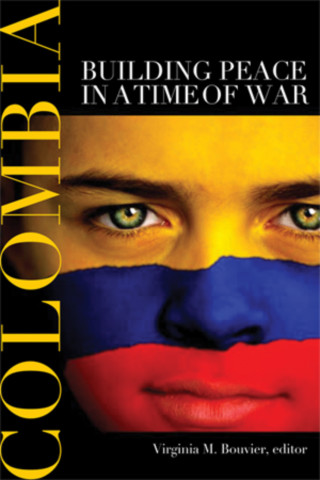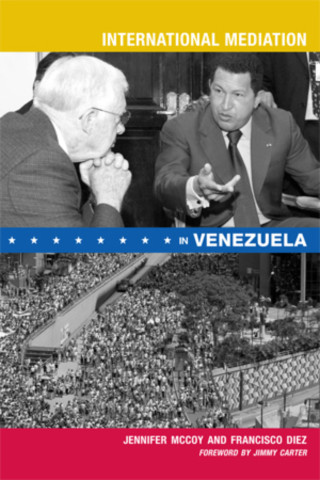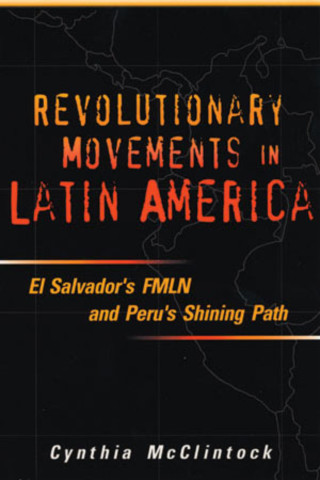Catalog
- Sort by
Bringing together the experiences and insights of more than thirty experienced and emerging authors, human rights activists, and peace practitioners from Colombia and abroad, Colombia: Building Peace in a Time of War documents and analyzes the vast array of peace initiatives that have emerged in Colombia in recent years.
International Mediation in Venezuela analyzes the effort of the Carter Center and the broader international community to prevent violent conflict, to reconcile a deeply divided society, and to preserve democratic processes. From their perspective as facilitators of the intervention and as representatives of the Carter Center, Jennifer McCoy and Francisco Diez present an insider account of mediation at the national and international level.
Why were El Salvador's FMLN and Peru's Shining Path able to mount such serious revolutionary challenges in the 1980s and early 1990s? And why were they able to do so despite the fact that their countries' elected governments were widely considered democratic? These two guerrilla groups were very different, but both came close to success. To explain why, the author examines the complex interplay among political and economic factors, the nature of the revolutionary organization, and international actors. McClintock emphasizes that the end of the Cold War does not mean the end of revolutionary groups, and that the United States can play an important role in determining the outcome of future confrontations. The book concludes with practical policy options for the U.S. government as it looks to foster peace and democracy in the western hemisphere.



